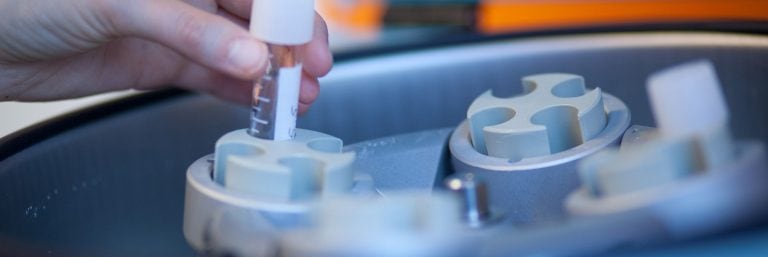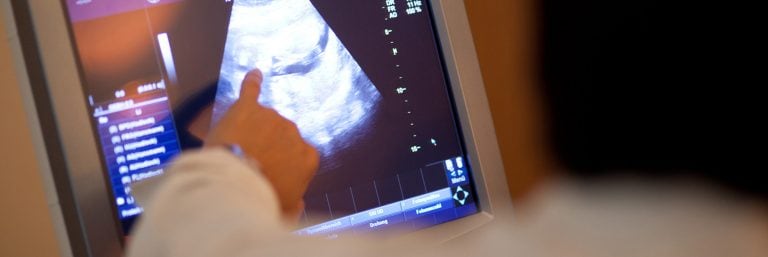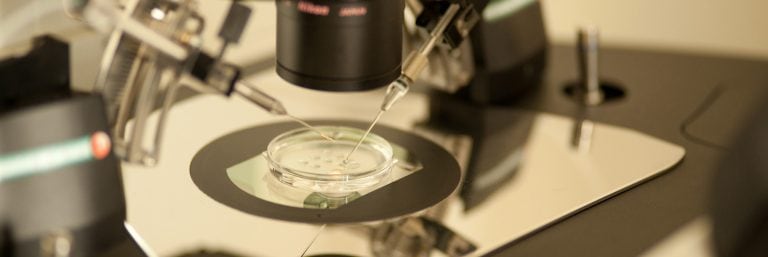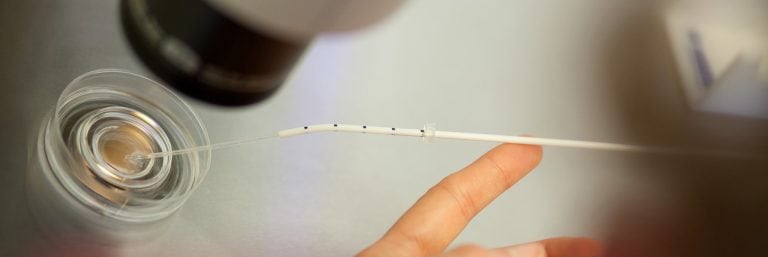Hormone diagnostics
Basic diagnostics always includes meaningful and comprehensive hormone diagnostics. The day of the cycle, age, etc. are parameters to be considered.
Hormone diagnostics are necessary in case of the following conditions
- Cycle disorders
- Ovulation problems
- Suspicion of hormone-induced disorders
- after more than 2 miscarriages
Hormonal diagnostics are also recommended in order to detect disorders even before they have become apparent, e.g. a cycle disorder, but already have a negative influence on fertility. Some latent hormone disorders can also have negative effects during pregnancy.
Of course, hormone tests are also meaningful during ongoing therapies, for example, to determine the most appropriate time for insemination (sperm transfer) or follicle puncture (egg collection) in IVF (in vitro fertilization, test tube fertilization).
More frequent examinations are required especially in the case of NC-IVF (Natural-Cycle-IVF, IVF in the natural cycle), where ovulation is not suppressed by medication in order to determine the most favorable time (for the patient AND the doctor’s practice) for egg collection.
Hormone diagnostics
Basic diagnostics always includes meaningful and comprehensive hormone diagnostics.
Sperm diagnostics
Even a simple physical examination, consisting of observing the secondary sexual characteristics and palpation of the testicles can give the examiner initial suspicions about the cause of sterility.
Fallopian tube diagnostics
If the partner's spermiogram is not or only slightly restricted, it may be useful to check the patency of the fallopian tubes.
Genetics
Every living organism has a specific set of chromosomes called a karyotype. A karyotype consists of 46 chromosomes – 22 autosomal pairs and one sex chromosomal pair.
Genetic testing of the embryo
The Kinderwunschteam Berlin, in cooperation with the Laboratory Humane Genetics Munich, is licensed to perform pre-implantation diagnostics (PGD. It fulfills all legally required professional prerequisites to advise you individually within the strict legal framework.
Immunology
It is still controversial whether female autoimmune disorders can lead to infertility. Based on recent studies, we believe that autoimmune disorders may possibly affect female fertility, even when they are otherwise not in need of treatment.




